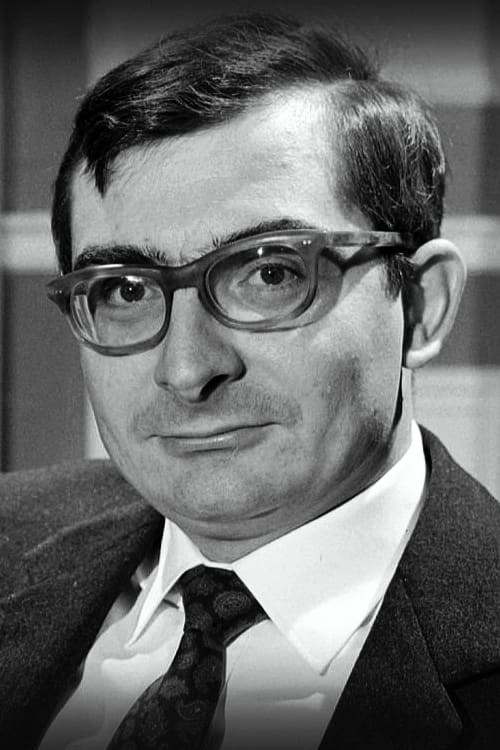
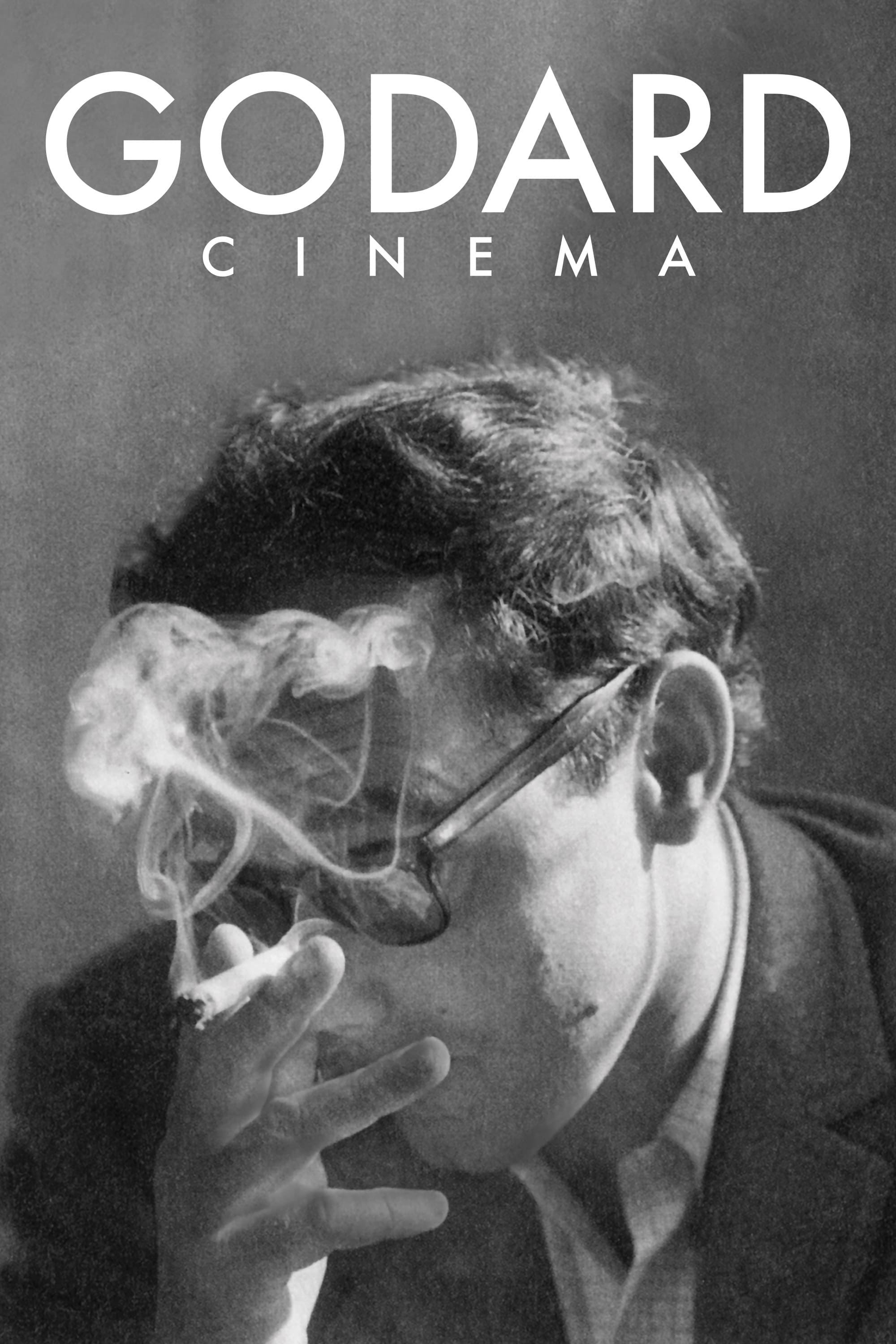
Jean-Luc Godard is synonymous with cinema. With the release of Breathless in 1960, he established himself overnight as a cinematic rebel and symbol for the era's progressive and anti-war youth. Sixty-two years and 140 films later, Godard is among the most renowned artists of all time, taught in every film school yet still shrouded in mystery. One of the founders of the French New Wave, political agitator, revolutionary misanthrope, film theorist and critic, the list of his descriptors goes on and on. Godard Cinema offers an opportunity for film lovers to look back at his career and the subjects and themes that obsessed him, while paying tribute to the ineffable essence of the most revered French director of all time.
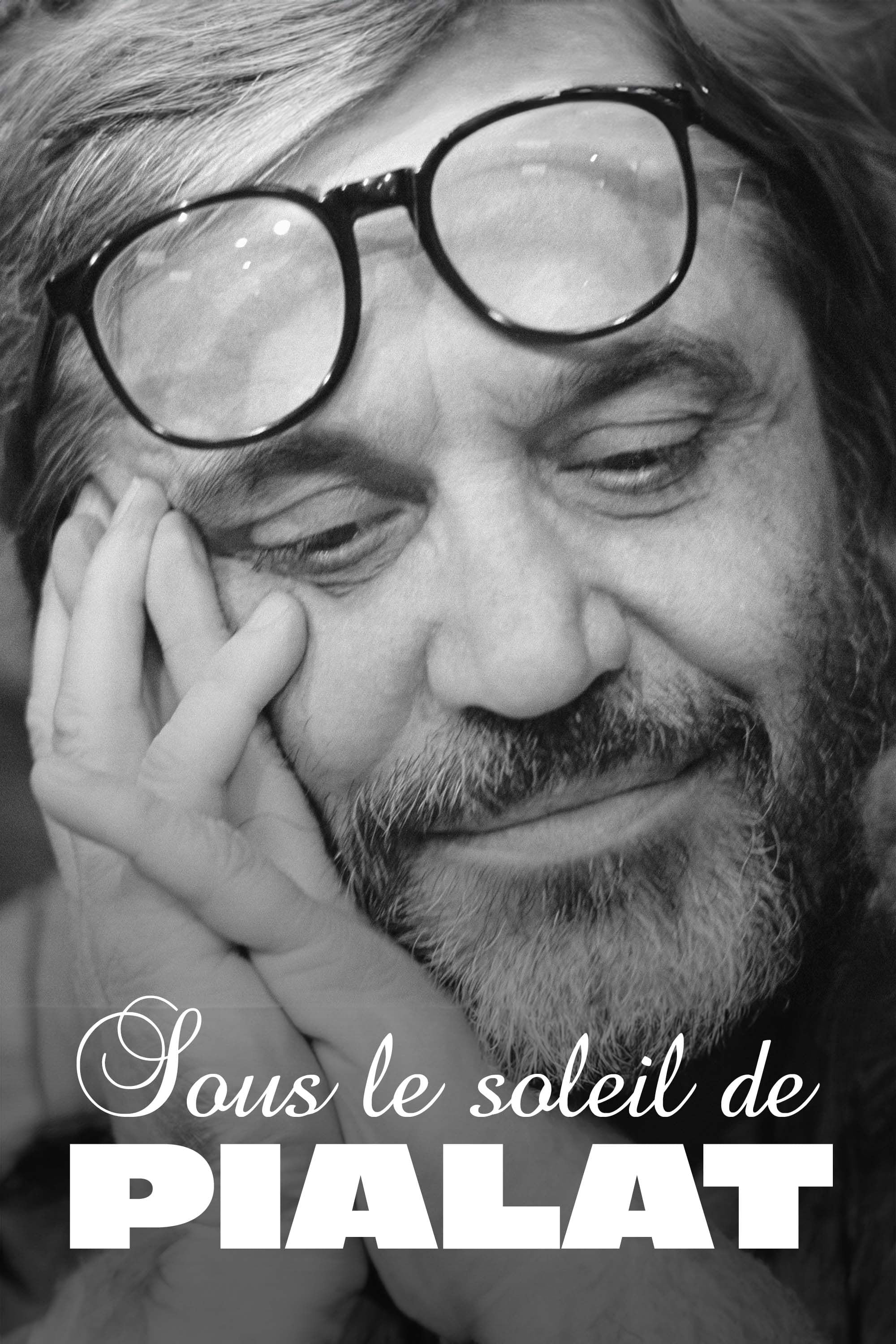
In just ten films, Maurice Pialat painfully rose to the top of the cinema, draining into his legend a mad demand for truth as much as memorable fury to achieve it. With "L'Enfance nue", his first feature film at the age of 43, the filmmaker immediately made his mark, this "art of making things authentic", according to Chabrol. But throughout an unclassifiable filmography in the form of an autobiography, from a break-up to his fatherhood in wonder, through the agony of his mother, the filmmaker does not get rid of the feeling of being misunderstood, despite international recognition.

1951. André Bazin and Jacques Doniol-Valcroze founded "Cahiers du cinéma". With contributions from self-taught filmmakers (Jean-Luc Godard, François Truffaut, Claude Chabrol, Éric Rohmer, Jacques Rivette...), the magazine revolutionized film criticism and gave birth to the leading figures of the Nouvelle Vague.
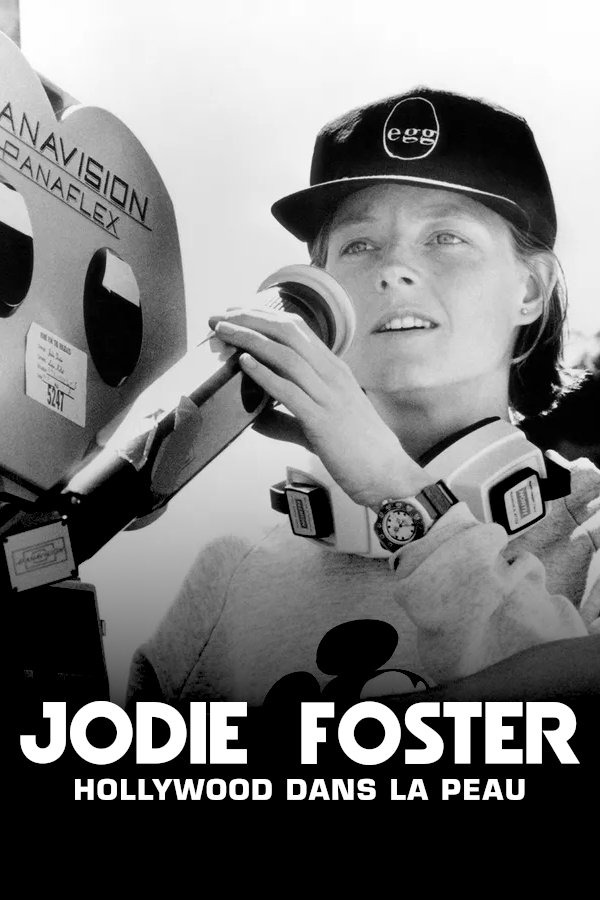
From her precocious status as a sex symbol to her consecration as a filmmaker, Jodie Foster's story is about a feminist struggle, albeit atypical, fought on and off the screen. This film sets out to retrace her remarkable journey within the Hollywood industry.
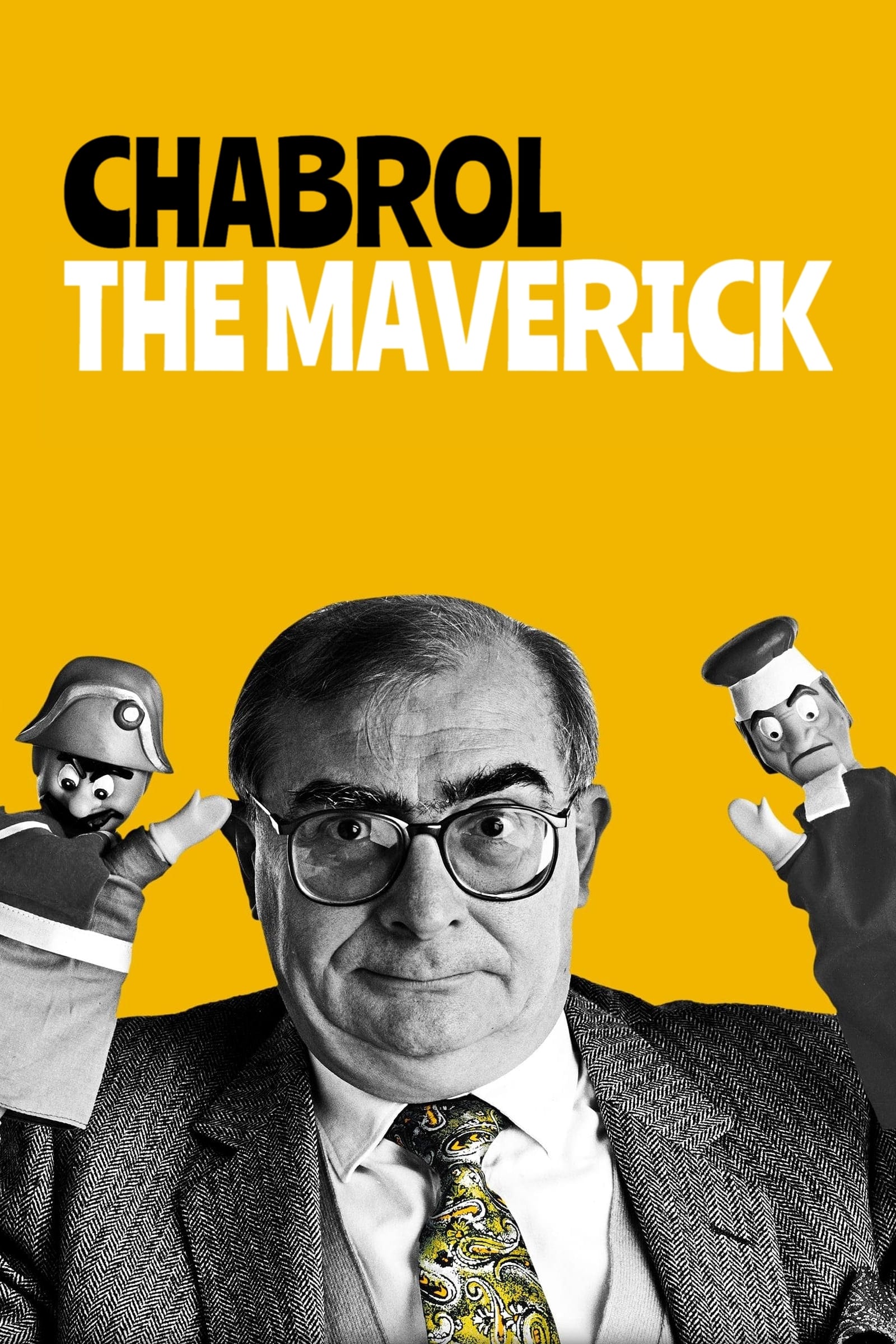
An account of the life and work of French filmmaker Claude Chabrol (1930-2010), a sybarite Buddha, a furtive anarchist, an insolent lover of life.
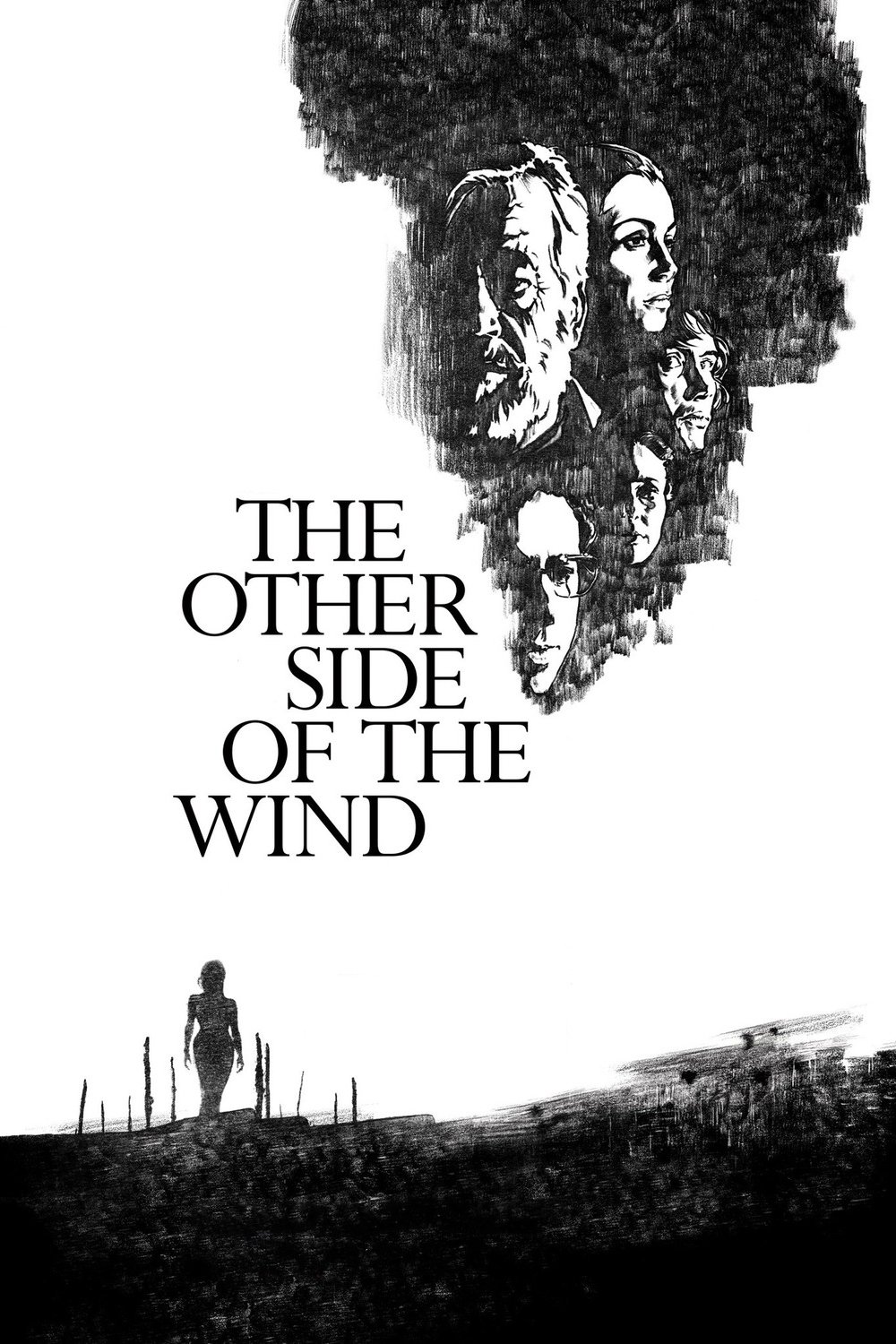
Surrounded by fans and sceptics, grizzled director J.J. "Jake" Hannaford returns from years abroad in Europe to a changed Hollywood, where he attempts to make his innovative comeback film. This film was started in 1970 but never completed during Welles's lifetime.
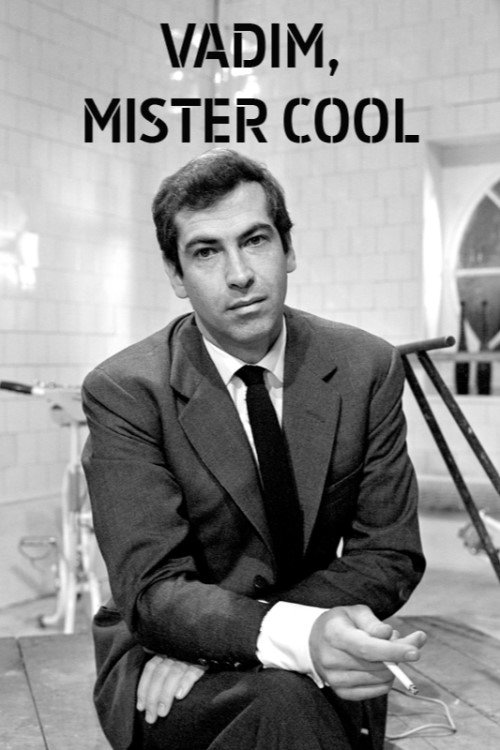
As a poster boy for hedonism, his whole life was one big party. A journalist, filmmaker, director, producer, actor, novelist, ladies' man and prolific father... Roger Vladimir Plémiannikov, a.k.a. Roger Vadim, tried everything until his death in 2000. Portrait of a man at the cutting edge of fashion and trends.
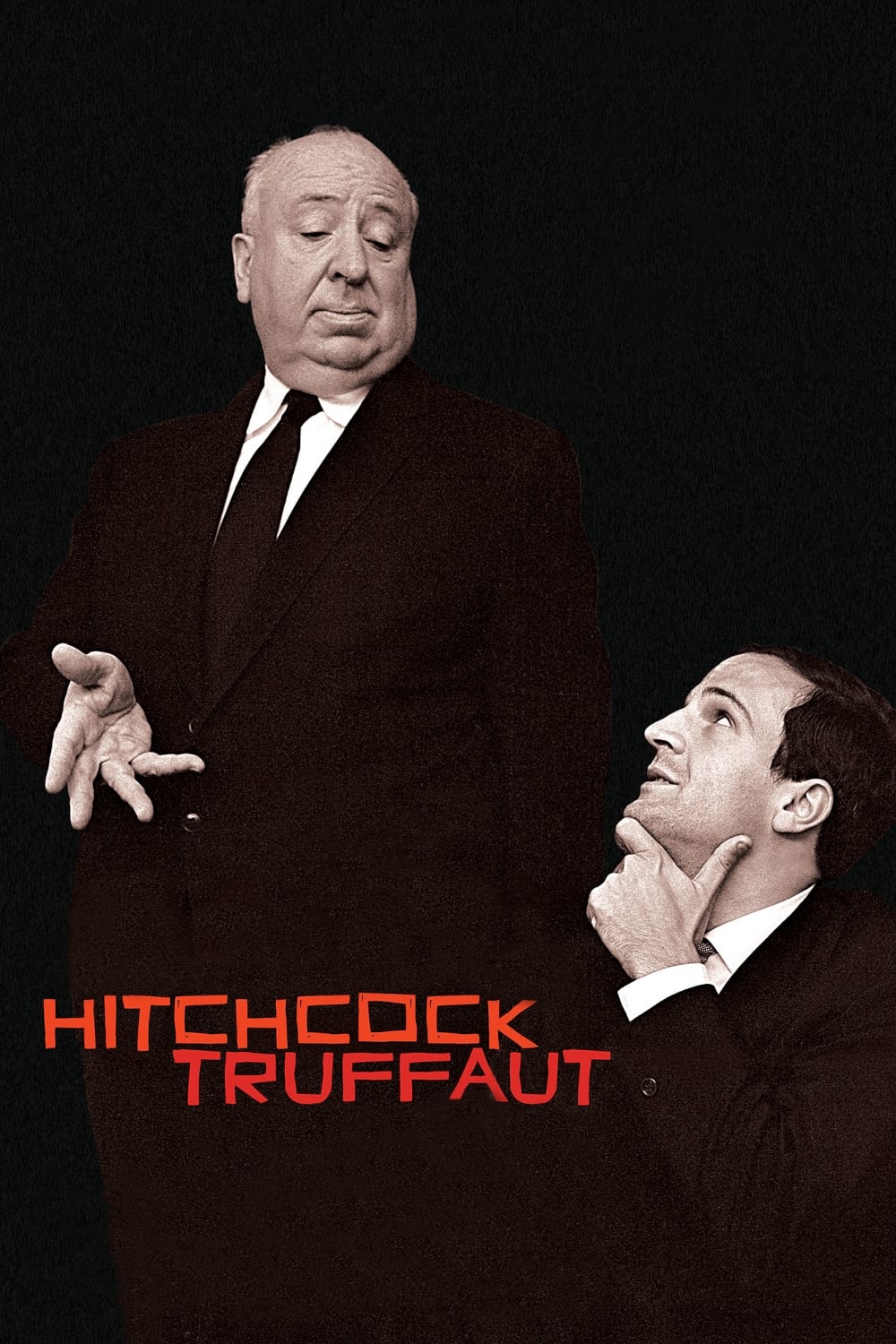
Filmmakers discuss the legacy of Alfred Hitchcock and the book “Hitchcock/Truffaut” (“Le cinéma selon Hitchcock”), written by François Truffaut and published in 1966.
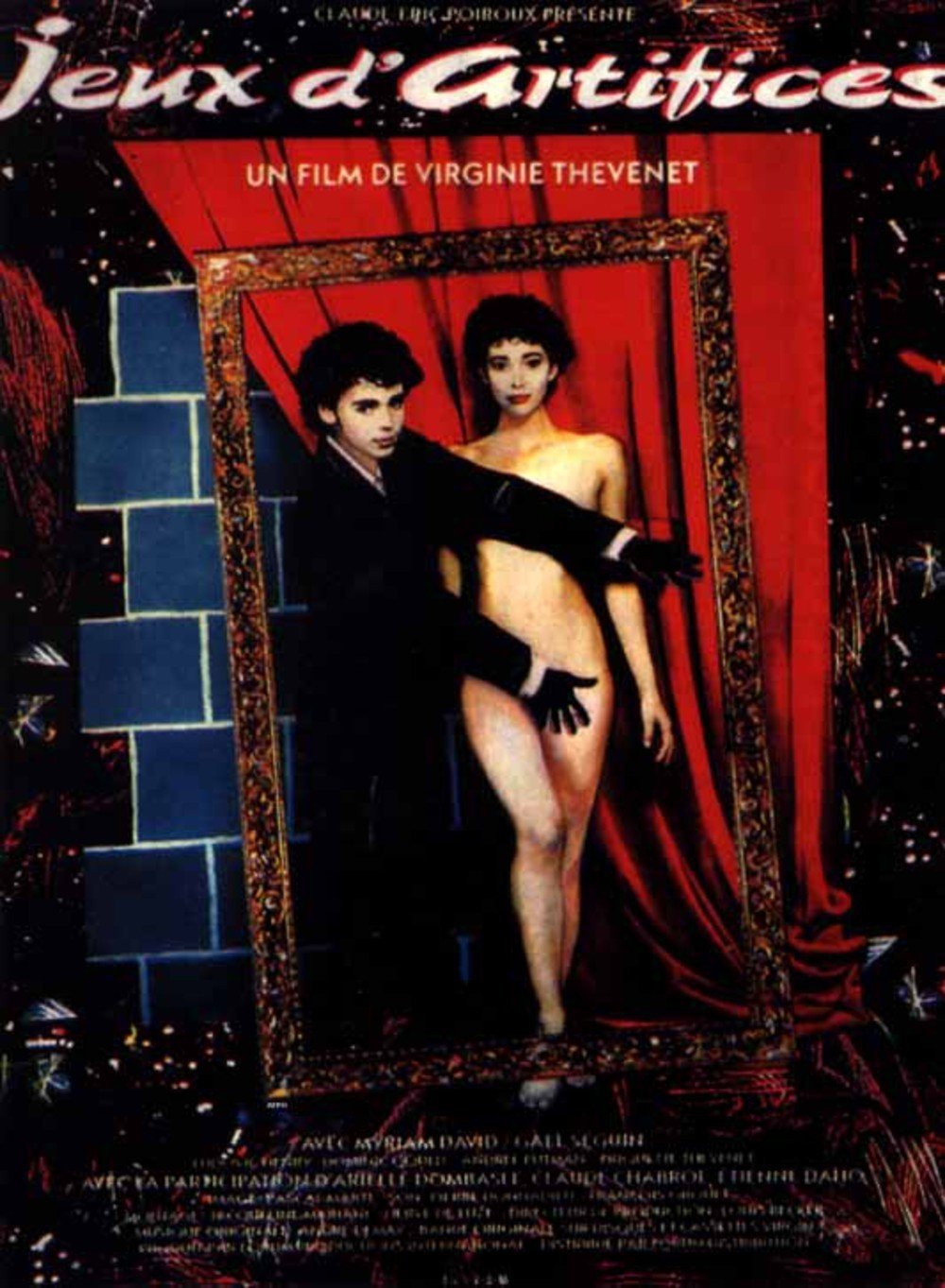
Elisa and Eric are two teenage war orphans. They change their apartment on the outskirts of the city into a photo-studio to make a living, and they are very devoted to it. The two seem to live like heavenly beings without connecting to the outside world. Their only contact with the exterior is through Jacques, a loyal friend, but he also cuts himself out of any social life. The sister and the brother then take to get in touch with the world by Mrs Jean, a friend of their deceased mother with whom Elisa takes courses of singing. They live in harmony until a young man, whom Elisa falls for, eventually leaves with Eric for the USA and left her brokenhearted alone in France.
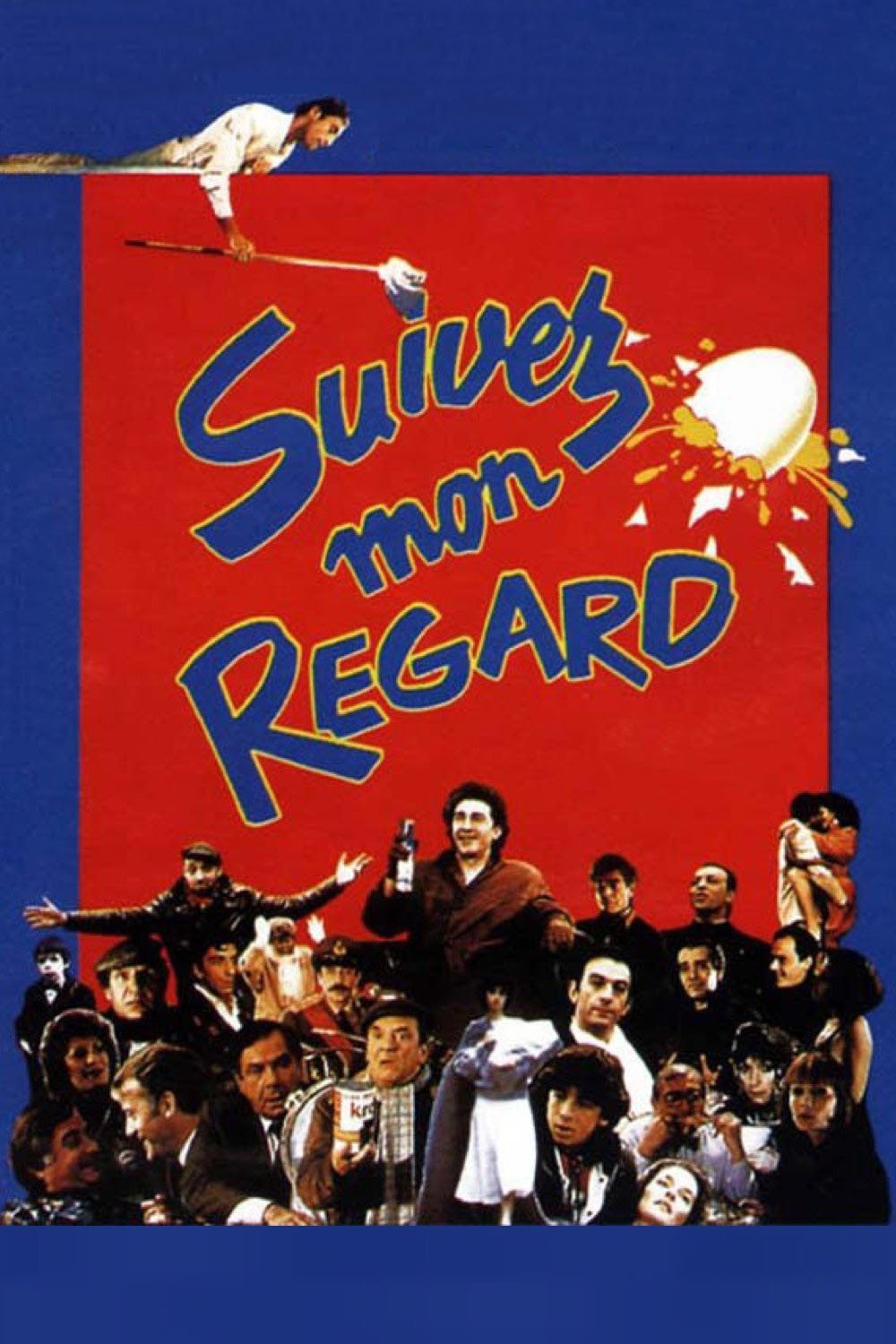
A long parade of actors and actresses pop up in an unconnected series of skits, vignettes, and sight gags in this comedy anthology by Jean Curtelin. Among the sketches performed is one with Jean Carmet playing a man from the sticks woefully burdened with the challenge of getting through a dog food commercial on less than one tank of intelligible French. Another skit shows a silent duel between an airport custodian and an automatic door, while another with the renowned Michel Galabru sets up a strange teacher-student exchange.
Claude Chabrol (24 June 1930 – 12 September 2010) was a French film director, a member of the French New Wave (nouvelle vague) group of filmmakers who first came to prominence at the end of the 1950s. Like his colleagues and contemporaries Godard, Truffaut, Rohmer and Rivette, Chabrol was a critic for the influential film magazine Cahiers du cinéma before beginning his career as a film maker. Chabrol's career began with Le Beau Serge (1958), inspired by Hitchcock's Shadow of a Doubt (1943). Thrillers became something of a trademark for Chabrol, with an approach characterized by a distanced objectivity. This is especially apparent in Les Biches (1968), La Femme Infidèle (1969) and Le Boucher (1970) — all featuring his then-wife, Stéphane Audran. Sometimes characterized as a "mainstream" New Wave director, Chabrol remained prolific and popular throughout his half-century career. In 1978, he cast Isabelle Huppert as the lead in Violette Nozière. On the strength of that effort, the pair went on to others including the successful Madame Bovary (1991) and La Ceremonie (1996). Description above from the Wikipedia article Claude Chabrol, licensed under CC-BY-SA, full list of contributors on Wikipedia
By browsing this website, you accept our cookies policy.